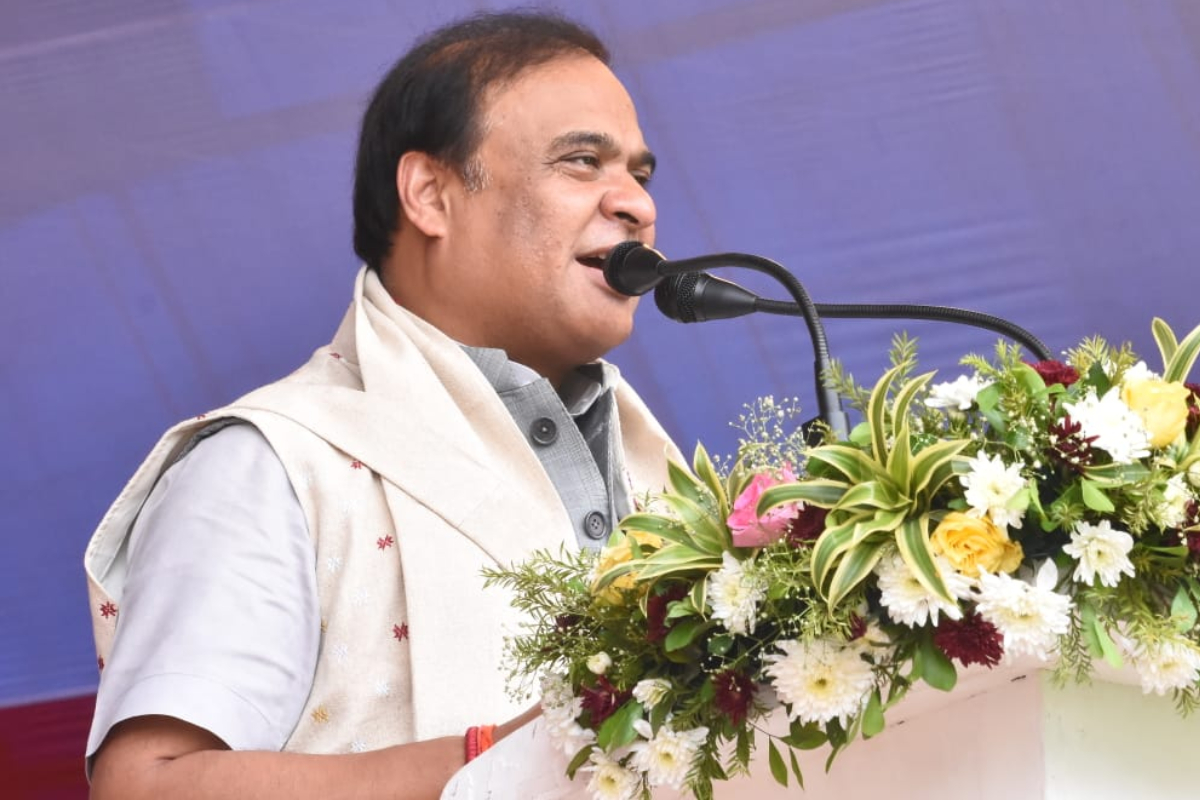GUWAHATI: The Assam government, led by Chief Minister Himanta Biswa Sarma, has announced a comprehensive socio-economic assessment of the state’s indigenous minorities.
This significant decision was made during a cabinet meeting to address the unique needs and concerns of these communities.
According to the decisions made, the Directorate of Minority Affairs and Char Areas will spearhead a thorough socio-economic assessment of the indigenous Assamese Muslims. In tandem with this, the Directorate of Char Areas has been renamed as the Directorate of Minority Affairs & Char Areas, Assam.
The Assam government’s socio-economic survey focusing on the five indigenous Muslim communities in the state has garnered support from the affected communities.
Expressing satisfaction, Hafijul Ahmed, Chairman of the Goria Development Council in Assam, told The New Indian, “We are very happy, as so far, we have been clubbed with Muslims of East Bengal origin. Now, we can have a distinct identity and assert ourselves.”
Ahmed highlighted that the socio-economic assessment would empower indigenous communities to identify and target development schemes more effectively.
However, the All India United Democratic Front (AIUDF) has raised objections to the government’s decision, labelling it an attempt to polarise the Muslim population.
Jeherul Islam, AIUDF Spokesperson, stated, “Now, Muslims will have to take a certificate from the BJP to prove their indigenous nature. This is totally wrong.”
Also Read: HEART WRENCHING | My child became orphan before birth: 34-year-old Kashmir cop’s widow wails
The cabinet order specifies that the socio-economic assessment will be conducted through the Directorate of Minority Affairs and Char Areas for indigenous Assamese Muslims. AIUDF has questioned the definition of “indigenous” and “Assamese.”
Another concern raised is the execution of the project through the Directorate of Minority and Char Areas. Sarifuddin Ahmed Goria, a senior journalist, expressed support for the decision but raised concerns about implementation.
“This is a good decision taken by the Cabinet, but the main concern will be the execution of the order. There are a lot of people in the BTR region with a lack of documents. This will help us identify those people and also provide them benefits. However, the concern will be the documents that these people lack,” added Sarifuddin Ahmed.
Islam is the second-largest and fastest-growing religion in Assam, constituting over 34.22 per cent of the total population as of the 2011 census. The Assamese Muslim population is divided into four subgroups: Deshi, Maria, Gauria, and Syeds, with their roots intertwined with the historical conflicts between the Ahom and Mughal empires. Their population totals roughly four million, comprising 12.8 per cent of the state’s population.








